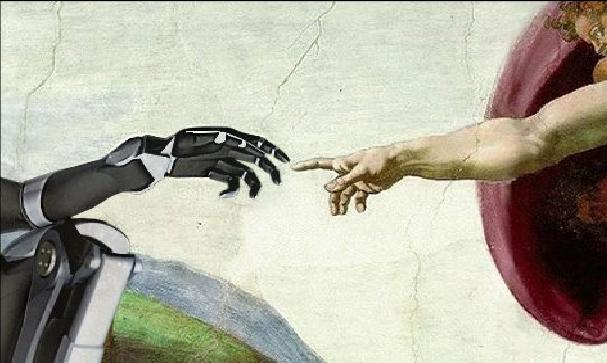Long gone are the days of supercharged booty-shaking rock n’ roll that brought scores of young people together to celebrate and relax. Gone are the days where the Sadie Hawkins dance at the local high school always ended with Stairway to Heaven, and gone are the days when it took real, raw talent to make it big in the music industry. Today heavy electronic drum beats, shouts of “Gangnam Style!”, and not so subtle suggestions to “Call Me Maybe” maybe seem to be dominating the popular music scene. Sometimes, it is difficult to find human emotion in music defined by electronic tones and computer generated drones.
Like everything in the world, music changes and evolves over time. The 1960’s, 70’s, and 80’s were the glory days of the music world. Bands like Led Zeppelin, The Rolling Stones, Aerosmith, Jimi Hendrix, Janis Joplin, and the Beatles all took music to the next level, using and developing new techniques and playing styles that would both change the world and define a generation.
The music industry today appears to dehumanize the artist for the purpose of making money, using post-production add-ons to create an allegedly more marketable sound. When asked about his perception of the music world today, sophomore Eli Gerardi replied, “A lot of self-promotion. A lot of artists just sell singles; it’s not about making a great album anymore, it’s about making money.”
So is music another casualty of the twenty-first century technological revolution? One look at the charts is all that is needed.
Currently, the hit single “Harlem Shake” by artist Baauer tops the charts both on iTunes and on Billboard’s Top 100. Is it really music though? According to Dictionary.com, music is “an art of sound in time that expresses ideas and emotion in significant forms through the elements of rhythm, melody, harmony, and color.” Frankly, when watching any of the videos for “Harlem Shake” more people may be inclined to view the hypnotic beat and mass of flailing bodies as the epitome of human foolishness rather than an artful compilation of rhythm and melody.
So is the future of music in songs like “Harlem Shake” or “Gangnam Style”? Many seem to think so, including sophomore Jeftey Nabosse. When asked about the future of music he said, “It’s all going to be like that now. Everything is changing towards that style. People get really interested in this music because they’re interested in technology, and technology is moving music. It’s definitely less human, though, and more machine.”
Today, many artists make it big not because of any special musical talent but because record labels deem them to be marketable. If a label thinks that someone has the “look” to sell music and make money, then it is easy to get a record deal even if that person does not have a large degree of musical talent.
Numerous post-production techniques are utilized to alter the final sound of a song, ranging from auto-tune and equalization, to filtering out certain sound frequencies that are deemed undesirable. Does this really serve to make music better though?
Most of the time modern post production techniques create a type of “Barbie effect” around artists and their music, where the sound is too perfect to actually be real. “Autotune can give a false impression of someone’s voice” says Eli Gerardi. “People don’t have to work as hard to sound good with autotune. It’s like then you hear them live, and it’s not the artist you thought you knew.”
So does this mean that that music is forever trapped in a downward spiral destined to crash and burn? Quite unlikely. There are still artists that feel that producing a great product rich with human emotion and power is the way to go. Artists such as Mumford & Sons still stick to the more traditional methods of music production, using real instruments and clean vocal tones to convey every nuance of the band’s emotional message to the listener, putting them on track to win the coveted album of the year award at the 2013 Grammy’s.
Hopefully there is still room for humans to express themselves in the modern world of computerized music. Today’s songs may tell a story, but they cannot convey the level of human emotion that was present in the raspy wails of Janis Joplin or in the virtuosity of Jimmy Page’s guitar playing.
When a person plucks a string, hits a drum, or belts out a note, all of their raw emotion is transferred into the music. However, regardless of how passionately you press the button on a drum machine or an electric synthesizer that same power simply won’t be transferred into the music, leaving the listener with only a shadowy interpretation of what the artist was trying to make them feel.
No one can say exactly what the future of music holds, and only time will reveal it. Perhaps music will get back to its deep human roots or instead continue on this path of computer-generated digital nonsense. Only one thing is for certain: right now it is time to put on a vinyl LP and go for a ride.


